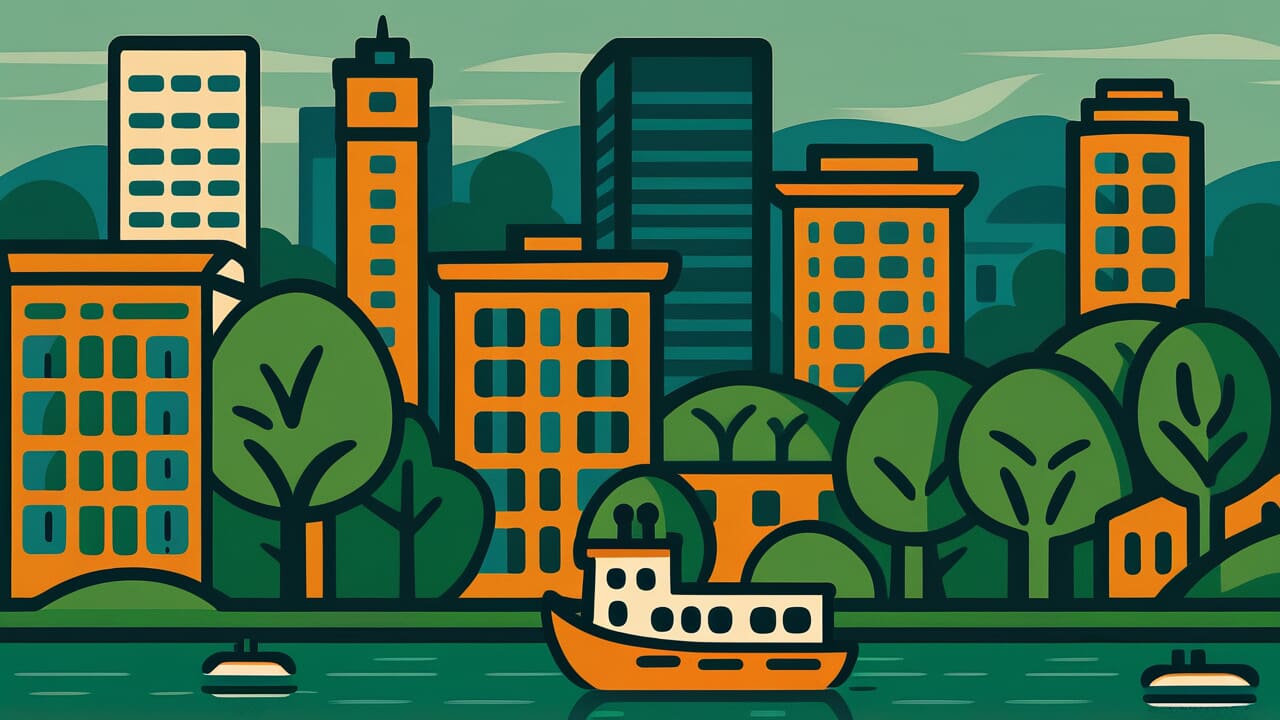[Disclaimer] This article is reconstructed based on information from external sources. Please verify the original source before referring to this content.
News Summary
The following content was published online. A translated summary is presented below. See the source for details.
Indonesia’s ambitious Eco-City project on Rempang Island faces ongoing controversy and delays. As of August 2025, the project has been postponed due to the need to resettle local residents and is not included in the latest list of National Strategic Projects. Despite this setback, efforts to accelerate investment and relocate residents continue, with some households already moved. The project faces significant resistance from local communities who oppose the development, citing environmental concerns and potential displacement of indigenous populations. While the Indonesian government pursues its green development agenda, including the launch of the Indonesian Biodiversity Strategy & Action Plan (IBSAP) 2025-2045, it struggles to balance economic growth with environmental protection. The country has lowered its renewable energy targets for 2025 to 17-19% due to slow progress, while aiming for net negative emissions in forestry and land use sectors by 2030. China remains a major player in Indonesia’s clean energy sector, allocating approximately USD 404.6 million in Belt and Road Initiative clean energy financing to Indonesia in 2024, though its direct involvement in the Eco-City project remains unconfirmed.
Source: globalvoices
Our Commentary
Background and Context

Indonesia’s Eco-City project on Rempang Island is part of the country’s broader sustainable development initiative. This ambitious plan aims to create a green urban center that balances economic growth with environmental conservation. However, the project has been mired in controversy due to its potential impact on local communities and ecosystems. The delay and ongoing challenges highlight the complex interplay between development goals and environmental protection in rapidly growing economies.
Expert Analysis
The postponement of the Eco-City project reflects the difficulties in implementing large-scale sustainable development initiatives. While the Indonesian government shows commitment to green policies through its IBSAP 2025-2045, the lowered renewable energy targets indicate challenges in transitioning to clean energy. The continued involvement of China in Indonesia’s clean energy sector through BRI financing suggests a complex relationship between international investment and domestic environmental goals.
Key points:
- The project’s delay highlights the challenges of balancing development with community rights and environmental concerns
- Indonesia’s revised renewable energy targets reflect the practical difficulties in rapidly transitioning to green energy
- International investment, particularly from China, plays a significant role in Indonesia’s clean energy development
Additional Data and Fact Reinforcement
Recent data underscores the complexities of Indonesia’s sustainable development efforts:
- China allocated USD 404.6 million in BRI clean energy financing to Indonesia in 2024
- Indonesia aims for net negative emissions in forestry and land use sectors by 2030
- The development of Nusantara, Indonesia’s new capital, has led to 18,000 hectares of deforestation between 2018-2021
Related News
The challenges faced by Indonesia’s Eco-City project mirror similar issues in other developing countries striving for sustainable urbanization. The ongoing development of China’s Tianjin Eco-City provides a comparative case study, with recent assessments showing improvements in economic well-being alongside environmental and social dimensions, though resident satisfaction remains below 70%.
Summary

Indonesia’s Eco-City project on Rempang Island exemplifies the complex balance between economic development and environmental sustainability. While the project faces significant hurdles, it represents a crucial step in Indonesia’s broader efforts to create sustainable urban environments. The ongoing challenges and delays underscore the need for comprehensive planning that addresses environmental concerns, community rights, and economic goals in tandem.


